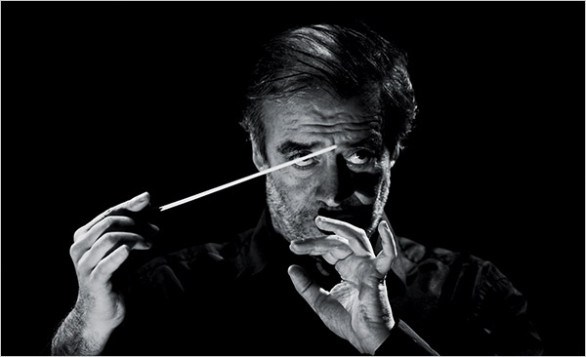Italy invites Russian conductor to perform. He supports war against Ukraine while Italy declares “art above politics”

Italy faces internal division over an upcoming performance by Russian conductor Valery Gergiev at a state-backed music festival, with critics arguing the event risks legitimizing Kremlin propaganda while supporters defend artistic freedom.
Now, Gergiev, who has maintained close ties to Vladimir Putin since the early 1990s, is scheduled to perform at the Un’Estate da Re festival at the Royal Palace of Caserta on 27 July, according to reports from The Guardian.
The performance marks his first European appearance since Russia’s full-scale invasion of Ukraine began in February 2022.
He was dismissed from several European concerts, festivals and theaters, including Milan’s La Scala, for refusing to condemn Putin’s actions. His last Italian performance was at La Scala on 23 February 2022, hours before the invasion began.
Italy, however, just broke a continent-wide boycott of pro-Kremlin artists.

How did this happen? Vincenzo De Luca, president of Italy’s Campania region, invited Gergiev personally. De Luca argues culture “must not be influenced by politics and political logic.”
Opposition to the concert has been led by Yulia Navalnaya, widow of deceased Russian opposition leader Alexei Navalny, who died in Russian prison.
“How is it possible that in the summer of 2025, three years after the start of the conflict in Ukraine, Valery Gergiev, Putin’s accomplice and a person included on the sanctions lists of several countries, was suddenly invited to Italy?” Yulia Navalnaya wrote in La Repubblica on 15 July.
The venue matters too. Gergiev will perform at the Royal Palace of Caserta—a UNESCO World Heritage site and former Bourbon palace. The festival bills his appearance as a summer season highlight.
Ruslan Shaveddinov, longtime Navalny aide, told The Guardian the performance “would serve to normalise Putin’s regime in the eyes of the civilised world.”
He argued that providing a platform for Kremlin figures at prestigious European festivals constitutes “a huge gift to Moscow.”
What’s Italy’s defense? Cultural Minister Gennaro Sangiuliano insists “art must remain free” while simultaneously warning the concert risks “sending the wrong message” amid current tensions.
The concert remains scheduled despite the controversy, with Italian authorities yet to announce any changes to the festival program.
